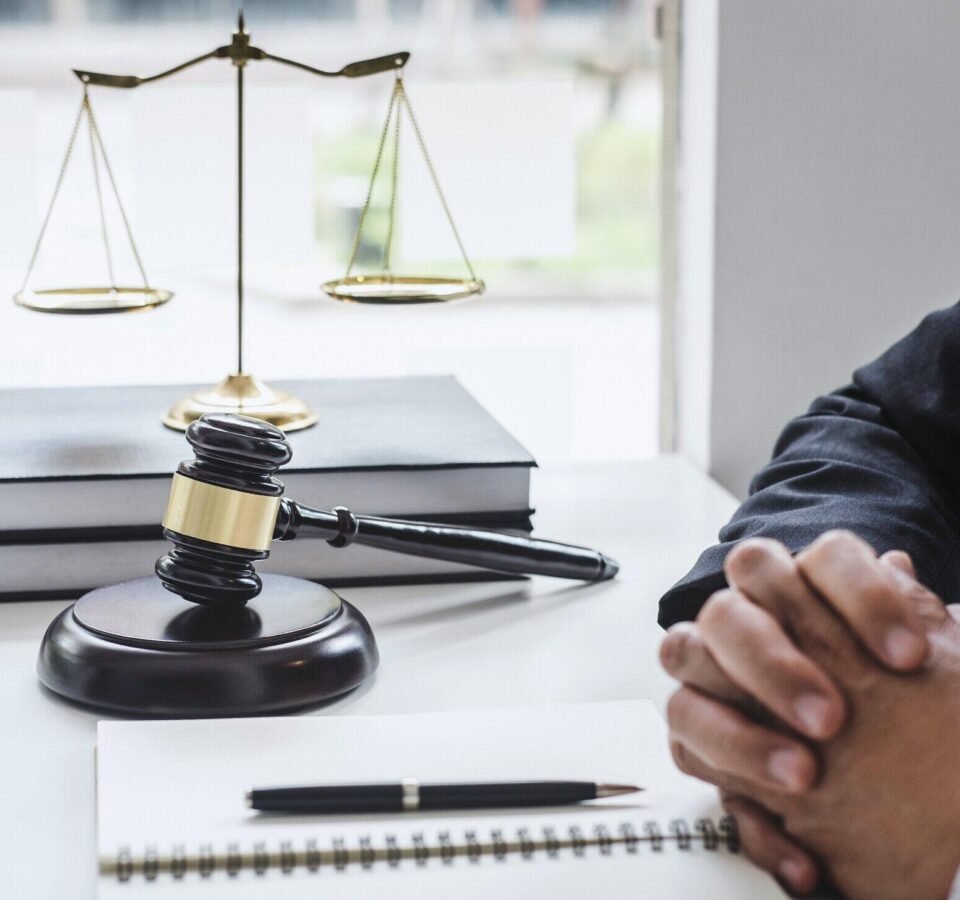Court cases have several moving parts, and it takes only one person to hold the process up. Over 380,000 cases were filed in U.S. District Courts in 2022, and knowing how to serve someone court papers without an address is essential to keep the process moving.
You can try several methods to track the person you want to serve court papers to, from finding their relatives to conducting a background search on a person to learn their whereabouts. Finding proper guidance is the best way to proceed when serving papers.
Thankfully, today is your lucky day for your court case, as you’re in the ideal spot to learn the tips for serving papers. Continue reading to find and serve someone’s court papers without an address today!
Table of Contents
Utilize People Search Websites
The first resource to try when learning how to serve someone court papers without an address is a people search website. These websites specialize in compiling public records about specific individuals.
The best sites also track social media use to build profiles for the individuals you’re attempting to serve. Look for a platform that tracks past addresses, associates, and phone numbers.
With help from a process server, you can piece the puzzle together using these tidbits of information to track the person. Add known phone numbers, email addresses, and names to narrow the search to a specific area.
Try a Reverse Address Lookup
If you have the person’s previous address, it’s worth using a reverse address lookup to gain more details that could clue you into their current location. You’ll need to access a search tool to look at an address’s past and current residents.
The information gleaned from the reverse address search can provide new leads and help you progress when serving court papers to a specific individual.
Use this strategy to find new addresses and phone numbers. It’s a step toward tracking down the person you’re attempting to serve and helping the court case progress.
Use Skip Tracing
Skip tracing is a next-level option if you need help finding leads when learning how to serve someone court papers without an address. Professionals often use the technique to find individuals attempting to evade contact.
You can use several data sources to track someone’s movements and location. Many of the data sources include activities and credit or debit card transactions.
Top resources to apply when tracking the individual include job applications, utility registrations, and credit card usage. Use all these sources to piece the puzzle together. You’ll increase your odds of finding the person in question with help from a process server UK.
Work With a Private Investigator
Private investigators have the experience and resources to find someone hiding or on the run. If other methods fail, a private investigator is one of the best fallback options.
P.I.s can access special databases, contacts, and surveillance techniques to help you find the specific individual. You can also count on a private investigator to know the legal specifics for serving court papers.
The private investigator you hire will ensure legal compliance when serving papers to the perpetrator. You can combine the P.I.’s skills with other methods to track the person and serve them court papers.
Serve Using a Publication
If finding the person in question is proving difficult, you can serve them court papers through a publication to expedite the legal process. Newspapers are a fantastic resource for seeking publications to serve individual notice.
For the best results, choose a newspaper the individual will likely read. This method can be used when you’ve tried all other methods of serving court papers with no success.
Check the rules and regulations for serving legal notice through publications in your jurisdiction. Most courts require evidence of your search before allowing publications to serve papers.
Service by Posting
You can learn how to serve someone court papers without an address by posting the notice in your community. The standard place to post the papers is at a courthouse, post office, or other public space.
You’ll need to post the court papers in a designated area for a set amount of time. It’s best to use this method when serving court papers of legal disputes involving property. You can also use it to serve papers to someone without an address.
Electronic Service of Court Papers
Ninety-seven percent of people in the United States have a cell phone, and they spend more time than ever on electronic devices. As the use of these devices grows, courts are allowing people to serve papers through electronic services.
It’s an excellent way to serve court papers to someone without an address who is known to use electronic communication. Email and social media are two popular electronic ways to serve court papers.
The challenge with these two methods is proving the defendant received the notice. Most courts require additional evidence to validate this option for serving court papers.
Service via Court Order
If all else fails, you can use a special court order to serve court papers to someone you’re struggling to find. The court then has the power to find a flexible and effective method to serve papers to the defendant in a legal case.
It’s the go-to option for challenging cases that a hiding defendant holds up. It’s worth noting that these court orders are used at the court’s discretion. The court order must remain compliant with the jurisdiction’s laws to hold up in court. You’ll need to collect significant evidence of attempting to track the individual before getting a court order.
Now You Know How to Serve Someone Court Papers Without an Address
Finding a hiding defendant to serve court papers is challenging, but you can track social media and run background checks to find relatives and leads. Working with a process server is an effective way to learn how to serve someone court papers without an address. You can also get a court order or use an article in a publication with permission from the court.
Legal battles are stressful and draining, but you can progress with the proper resources and knowledge. Use our Legal guides for tips and insights to help your court case today!










